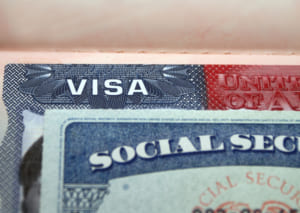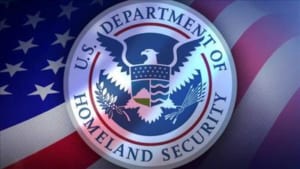United States Citizenship and Immigration Services (“USCIS”) recently announced it would change the way it will processes I-526 Petitions (“petitions”) for EB-5 investors. Called a Visa Availability Approach, (“VAA”) this process will apply to all petitions filed after March 31, 2020.
 During a March 13, 2020 public stakeholders meeting, USCIS discussed how the new processing will work.
During a March 13, 2020 public stakeholders meeting, USCIS discussed how the new processing will work.
For petitions filed by investors from countries for which there is a backlog/waiting list for visa availability (China, Vietnam and India), the Investor Program Office (“IPO”) will not assign a petition to an examiner until the priority date is close to becoming current for that petition. The IPO will track the Department of State Visa Bulletin, Table B “Dates for Filing”, and when the priority date becomes current on Table B, the petition will be assigned to an examiner {EAP article explaining PDs, Table A and Table B}.
The new policy could have a positive impact on any children that might be close to aging out because a child’s age is frozen when a petition is filed and only begins to advance when the petition is approved. For example, a Vietnamese investor that might wait 6 or 7 years for a visa to become available. If the investor’s petition is approved in 2 or 3 years, the child’s age will begin moving forward quicker and the child might age out earlier. If the petition is not adjudicated for 5 or 6 years, the child’s age will stay frozen during this time and the child will be less likely to age out. This will allow for older children to remain eligible for a longer period and increase the chance they can immigrate with the parent. Although potentially beneficial to investors who have teenage children, it will be difficult to accurately predict at what age a child might be considered safe when filing a petition.
Enterline and Partners managing partner David Enterline has many years of experience representing EB-5 investors and can help you navigate the complex process. If you have any questions about this VAA or the EB-5 immigrant investor visa, please contact us at:
ENTERLINE & PARTNERS CONSULTING
Ho Chi Minh City, Vietnam Office
3F, IBC building
1A Cong Truong Me Linh Str.
District 1, HCMC, Vietnam
Tel: +84 933 301 488
Email: info@enterlinepartners.com
Facebook: Enterline & Partners – Dịch vụ Thị thực và Định cư Hoa Kỳ
Website: http://enterlinepartners.com
Manila, Philippines Office
Unit 2507 Cityland 10 Tower 1
156 H.V. Dela Costa Street
Makati City, Philippines 1209
Tel: +632 5310 1491
Email: info@enterlinepartners.com
Facebook: Enterline and Partners Philippines
Website: https://enterlinepartners.com/language/en/welcome/








